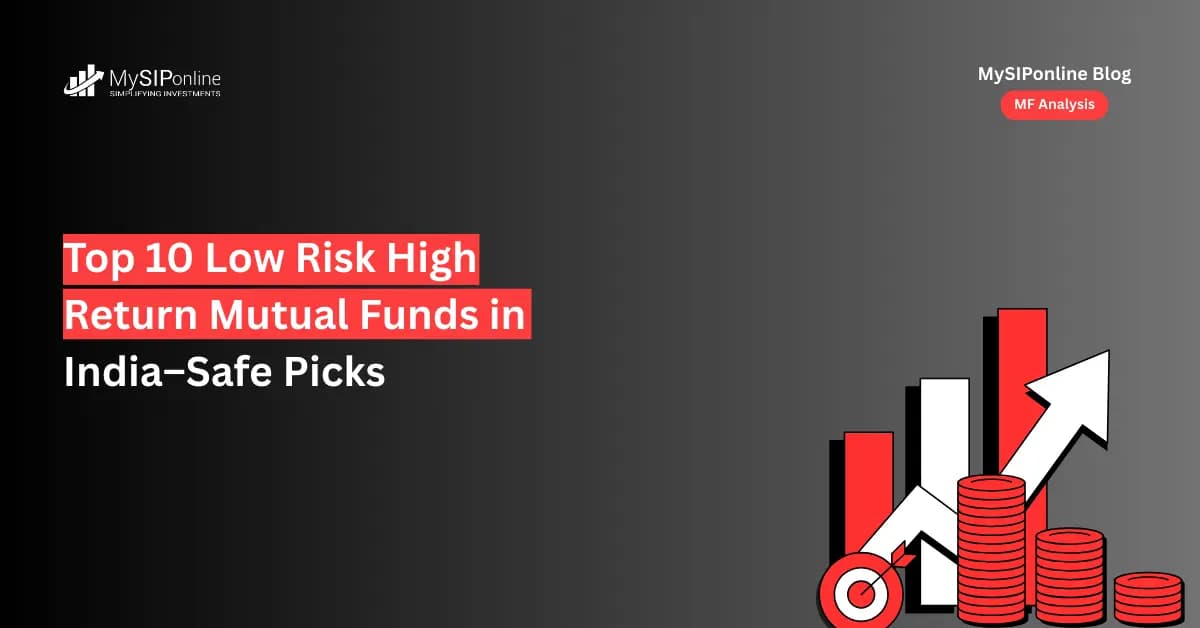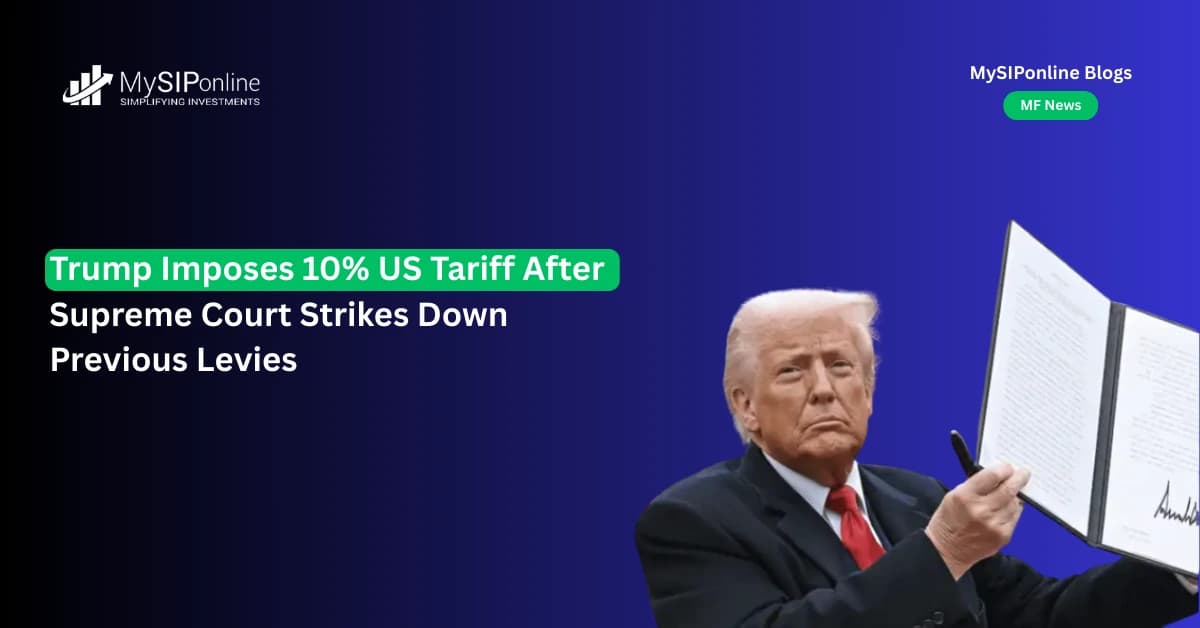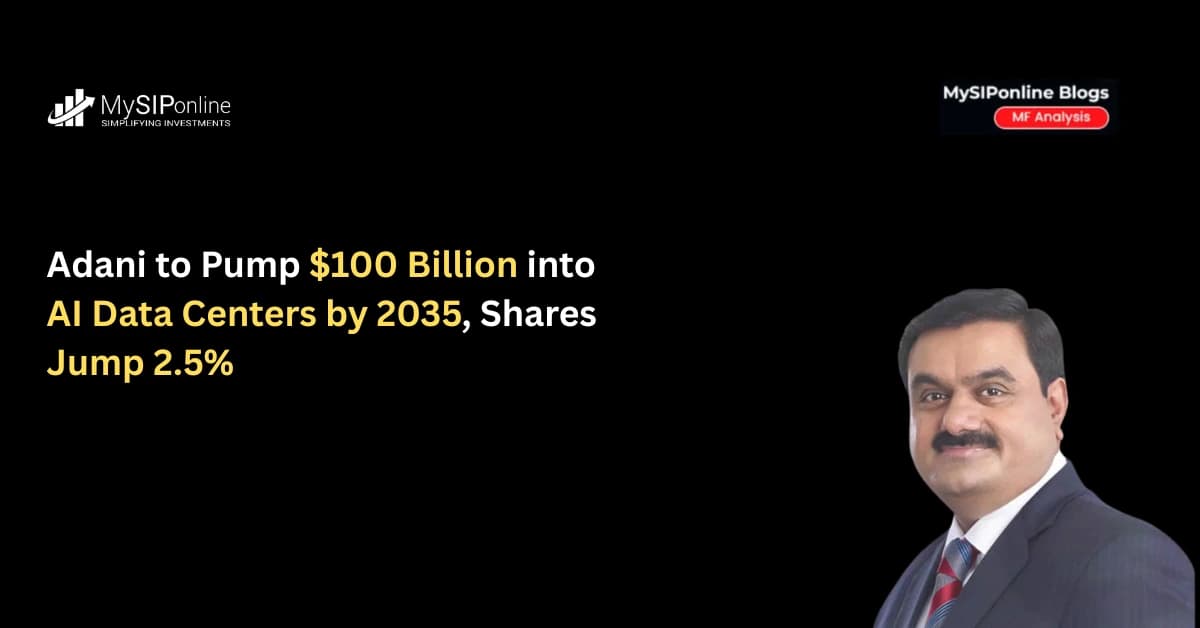Are you planning an investment? Do you want to save taxes? If yes, then choose the scheme of investment that provides tax-savings.
In this era of inflation, where it has become truly difficult to sustain a better life. Moreover, the people are overburdened with the tax regime, which is resulting in many illegal activities such as tax evasion. But, it is not justifiable at all. Instead, we must make such plans which could help us to make a balance between all. The ELSS Fund is an investment programme which can help an investor to solve this concern.
In the Income Tax Act,1961, there is a provision under section 80C which provides certain exemptions for long-term capital gains. Accordingly, an investment scheme has been designed which provides such tax exemption to the investor.
What is ELSS?
Under the equity fund class of assets in mutual fund programme, an investment plan named ‘Equity Linked Savings Schemes(ELSS),’ is drawn which is specialised in providing tax benefits. The ELSS falls under the exempt-exempt-exempt(EEE) category, in which the investor is exempted from paying tax on the amount invested in the ELSS Fund. Also, the investors are discharged from paying the duty on withdrawals of such investment because no tax is payable on the long-term capital gains from equity-oriented mutual funds.
The five fundamentals that we must know about the ELSS are the following:
- Risk Involvement: ELSS, being a category of equity-oriented schemes, involves medium to high risk. In fact, the risk is higher in this case because one cannot redeem the funds before 3 years after investing. But, if we consider the average performance of the scheme, it offers better returns as compared to other equity fund schemes.
- Lock-in Period: The ELSS Fund is designed to offer tax benefits under section 80C of Income Tax Act, which provides an exemption in regards to long-term investments. Thus, an investor is required to put the money into such schemes at least for a period of 3 years and up to 15 years.
- Taxability: The ELSS schemes fall under the EEE (Exempt-Exempt-Exempt) model of tax laws. According to which, an investor enjoys tax exemption from the amount invested, the income received on such investment and even on the withdrawal amount at the time of maturity. Thus, they are completely tax-free.
- Threshold: There is a minimum requirement of Rs.500 for making investments in the ELSS fund. Accordingly, even an average earner can also such plans to invest the amount in them and save the taxes.
- Growth or Dividend: Under the ELSS schemes, the investor finds an option to select a plan which offers either growth or dividend. Under the growth fund schemes, the investment is cumulative which shall keep growing till one redeems it. While in the case of dividend fund, one receives a dividend on a regular basis which is also tax-free.
Thus, an investor can fetch the best benefits by investing in the ELSS Funds. Some of the top running schemes under this category are as under:
- ICICI Prudential Equity Fund (Tax Saving) (G)
- Birla Sun Life Tax Plan
- SBI Magnum Tax Gain Scheme
- Franklin India Taxshield Fund (G)
- Sundaram Tax Saver (G)
- UTI Equity Tax Savings Plan (G)
So if you desire to take the tax savings benefit and want to make a planned investment decision, the ELSS has the solution for you. Start making an investment now by availing the services of My SIP Online











